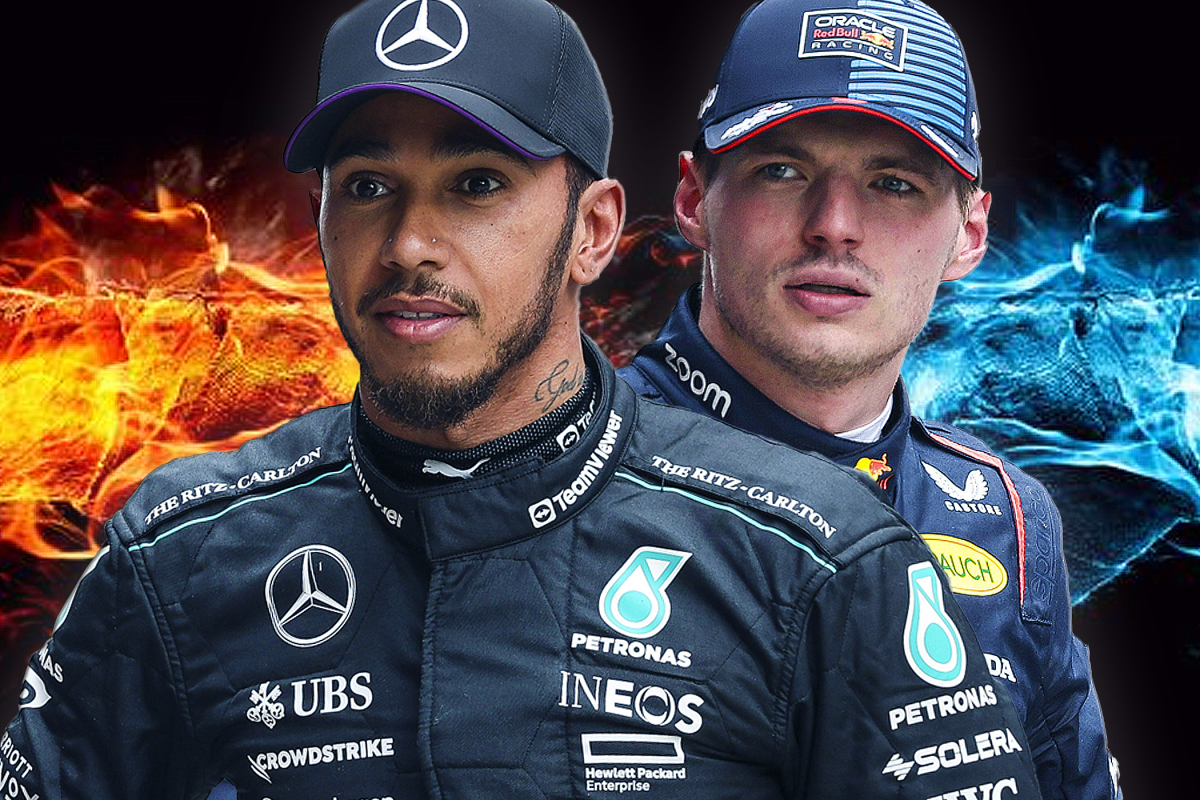
The Race That Changed Everything
On December 12, 2021, the F1 world converged on the Yas Marina Circuit for the final showdown of the season. Seven-time world champion Lewis Hamilton was vying to cement his legacy with a record-breaking eighth title, while rising star Max Verstappen aimed to secure his first championship. The two drivers entered the season’s last race on equal points, a rare and thrilling scenario that guaranteed a nail-biting finale. Both drivers pushed their cars, their teams, and themselves to the absolute limit, each desperate to emerge victorious.
In the closing laps, it seemed Hamilton had victory within his grasp. However, a late-race crash by Nicholas Latifi brought out the safety car and set the stage for one of the most controversial officiating decisions in F1’s history. Race director Michael Masi made a decision to only let some lapped cars un-lap themselves, allowing Verstappen to close the gap on Hamilton with just one lap left. With fresh tires, Verstappen overtook Hamilton on the final lap, snatching the championship in dramatic fashion.
A Divided Formula 1 Community
The fallout from this decision was swift, and the repercussions echoed across the motorsport world. Mercedes lodged two immediate protests, questioning the interpretation of the rules regarding the handling of lapped cars under the safety car. Both protests were dismissed by the stewards, who upheld the results, cementing Verstappen’s title win. Mercedes ultimately dropped their appeal, but the sense of injustice felt by Hamilton’s fans has lingered for years.
For many, the Abu Dhabi Grand Prix remains an indelible stain on the sport’s image, a reminder of the tension between sporting integrity and entertainment value. The FIA’s handling of the situation raised critical questions about the consistency and transparency of F1’s regulations. The handling of lapped cars, often a procedural part of the sport, became a catalyst for sweeping changes that would affect the structure of race control itself.
Aftermath and FIA’s Quest for Redemption
In response to the outcry, the FIA undertook a detailed review of the race procedures. They acknowledged that the situation could have been handled differently, though they stopped short of revisiting the race results. The high-profile fallout led to the restructuring of F1 race control, with Michael Masi removed from his role as race director. In his place, the FIA appointed a rotation of race directors, introduced a “VAR-style” remote operations room, and redefined some procedural rules regarding the safety car and lapped cars.
These changes have reshaped the sport and led to increased scrutiny on decision-making, as well as more precise protocols for race control. However, critics argue that these measures have not fully addressed the core issue of transparency, and that they fall short of safeguarding against similar incidents in the future.
The Impact on Hamilton, Verstappen, and F1 Fans
For Hamilton, the 2021 Abu Dhabi Grand Prix represented an abrupt end to his dominance, as the anticipated “eighth title” remained elusive. While he returned to the grid the following season, the aftermath took a toll on his team, morale, and confidence. Mercedes struggled with performance issues, further amplifying the sense of injustice among Hamilton fans.
Verstappen, on the other hand, used his controversial victory as a springboard to establish himself as a major force in F1. After winning the 2021 title, Verstappen and Red Bull went on to dominate subsequent seasons, leaving little room for competition. His 2021 win, however contentious, marked the beginning of a new era in F1, symbolizing the changing guard in the sport’s top ranks.
For fans, the impact of Abu Dhabi 2021 still resonates strongly. Hamilton’s supporters view it as the race that was taken from him, while Verstappen’s camp hails it as the defining moment of a champion’s rise. The controversy has left its mark, sparking passionate debates online and at races worldwide. The Abu Dhabi Grand Prix has become a moment frozen in time, an event dissected with unparalleled scrutiny and emotion by fans who still struggle to accept or fully understand the ruling.
A Legacy of Controversy and Change in Formula 1
Three years later, Abu Dhabi 2021 is a watershed moment in F1’s legacy, a race that amplified concerns over regulation clarity and the need for balanced, transparent decision-making. The race’s handling remains a touchstone for criticism, igniting discussions over favoritism, safety car protocols, and the tension between entertainment and fair play.
As this landmark anniversary arrives, F1 has come a long way in adapting its policies, but the controversies surrounding the Abu Dhabi Grand Prix reveal that some wounds run deep. For Hamilton, Verstappen, and the F1 community, the memory of that night in Yas Marina is not easily forgotten. Instead, it serves as a powerful reminder of the stakes involved and the sport’s commitment to learning from its past—while fans are left wondering if F1 can ever truly leave Abu Dhabi 2021 behind.
Leave a Reply